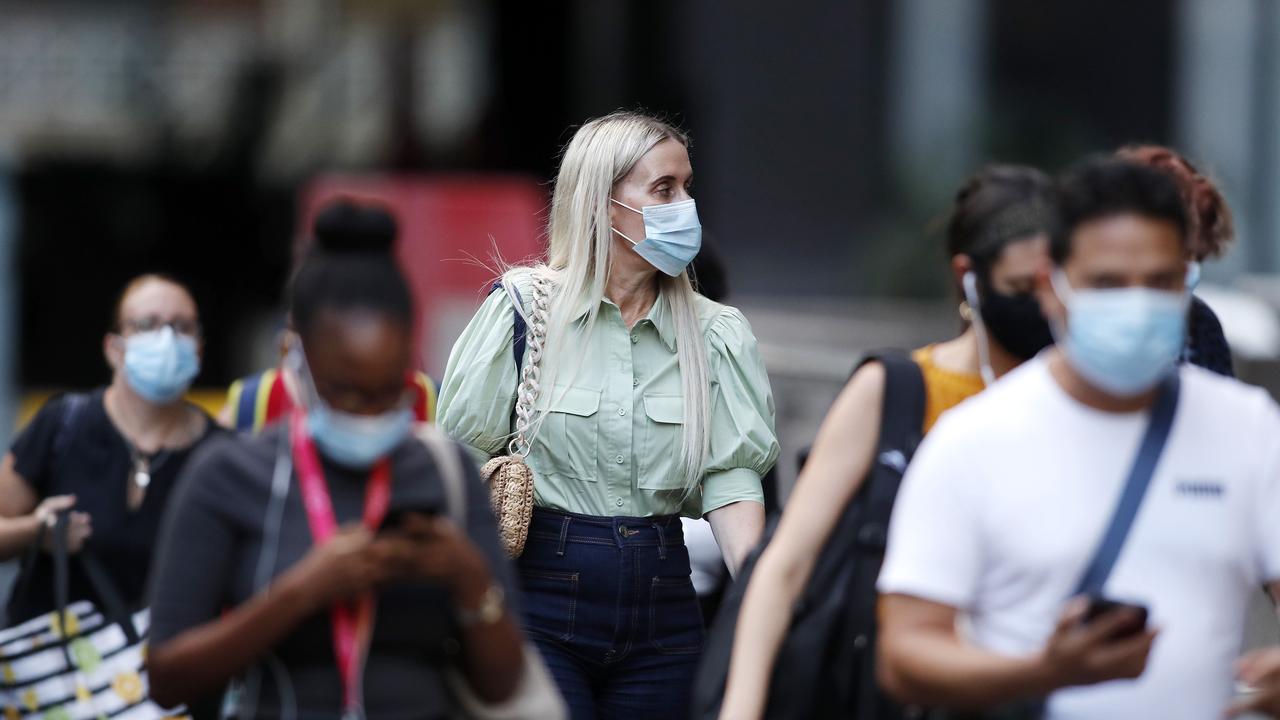‘Hybrid immunity’ may be behind Australian Covid trend, data shows
A peculiar trend has emerged in recent Covid reporting data – and three top disease experts have weighed in on what’s behind it.

Most new Covid cases are among Aussies who have caught the virus for the first time, new data shows.
It comes as experts say Australia is more equipped to cope with new outbreaks than most other countries thanks to high rates of “hybrid immunity”.
According to new data from the ACT Government, just 20 per cent of people who reported a Covid infection in December were known to have previously had the illness, throwing in doubt the fear that new sub-variants evade immune defences.
Infectious disease specialists say the trend, which was uncovered by the ABC, reflects Australia’s high rate of hybrid immunity, which refers to the double shield of previous infection and vaccination.
Stream the latest news on COVID-19 with Flash. 25+ news channels in 1 place. New to Flash? Try 1 month free. Offer available for a limited time only >

But they warn this may wane as more people become apathetic to keeping up to date with their vaccine doses.
The research from the ACT Government – one of the only state or territory governments to monitor reinfection rates – mirrored what seemed to be happening elsewhere in the world, according to Australia’s top disease expert, Professor Peter Collignon.
The professor of infectious diseases at Australian National University’s medical school told news.com.au a new study of US prisoners showed protection levels against mild infections rose from 20 per cent for vaccinated people who had never had Covid to 50 per cent for those who were vaccinated and had previously been infected.
“But the first time you get exposed to the virus is when you’ll have the most grief. And that’s why we had most deaths in Australia in 2022 – because that was the first year that Covid spread,” Professor Collignon said.

“I think there’s also disproportionately more older people getting infected now, because they were so good at not getting infected in the first couple of years.”
With 80 to 90 per cent of Australians now having hybrid immunity, Professor Collignon said the country was in “one of the best positions in the world” for preventing serious illness from the infection – though he predicted there would still be a few thousand Covid-related deaths this year.
Infectious diseases modeller at Monash University, Dr Michael Lydeamore, agreed it was likely the ACT data reflected the effectiveness of hybrid immunity.
But he warned the “big caveat” was that many people reporting first-time infections may not know they had in fact previously had the disease.

He said research has shown immunity from natural infection lasts far longer than vaccination defence.
And this applied to new variants too, which Dr Lydeamore said appeared to be no more immune-evading than the current suite of variants circulating.
“Some are more inherently transmissible, so it’s more easy to catch, but has nothing to do with your immune system,” he said.
The key to keeping hybrid immunity strong in Australia was ensuring people continue to be vaccinated regularly, Dr Lydeamore said, as he was concerned data showed less than half of those eligible for their fourth doses had had them.
“Vaccines are still the best protection that we have,” he said.

University of Sydney infectious diseases paediatrician Professor Robert Booy said he was not surprised that most new infections were first infections in Australia.
“We know from international data from Western countries that 99 per cent of infections are new and 1 per cent are reinfections,” he said.
According to Victoria University’s Professor Vasso Apostolopoulos, many recurring infections are also generally shorter-lasting and are less severe.
Professor Apostolopoulos, one of the world’s leading virologists, agreed Australia had done better than much of the world in tackling Covid, largely thanks to hybrid immunity.
Citing data from worldometers.info, she said Australia had the 14th most cases among all countries, at 11 million, but sat in 51st position for number of deaths, at 17,000.
“Of course, that’s still a lot, but if you look at Mexico, it’s had seven million cases and 330,000 deaths. And South Africa has had four million cases and 100,000 deaths.”
She said, despite the current surge in cases across Australia, hospitalisation and death rates remained comparatively low.






